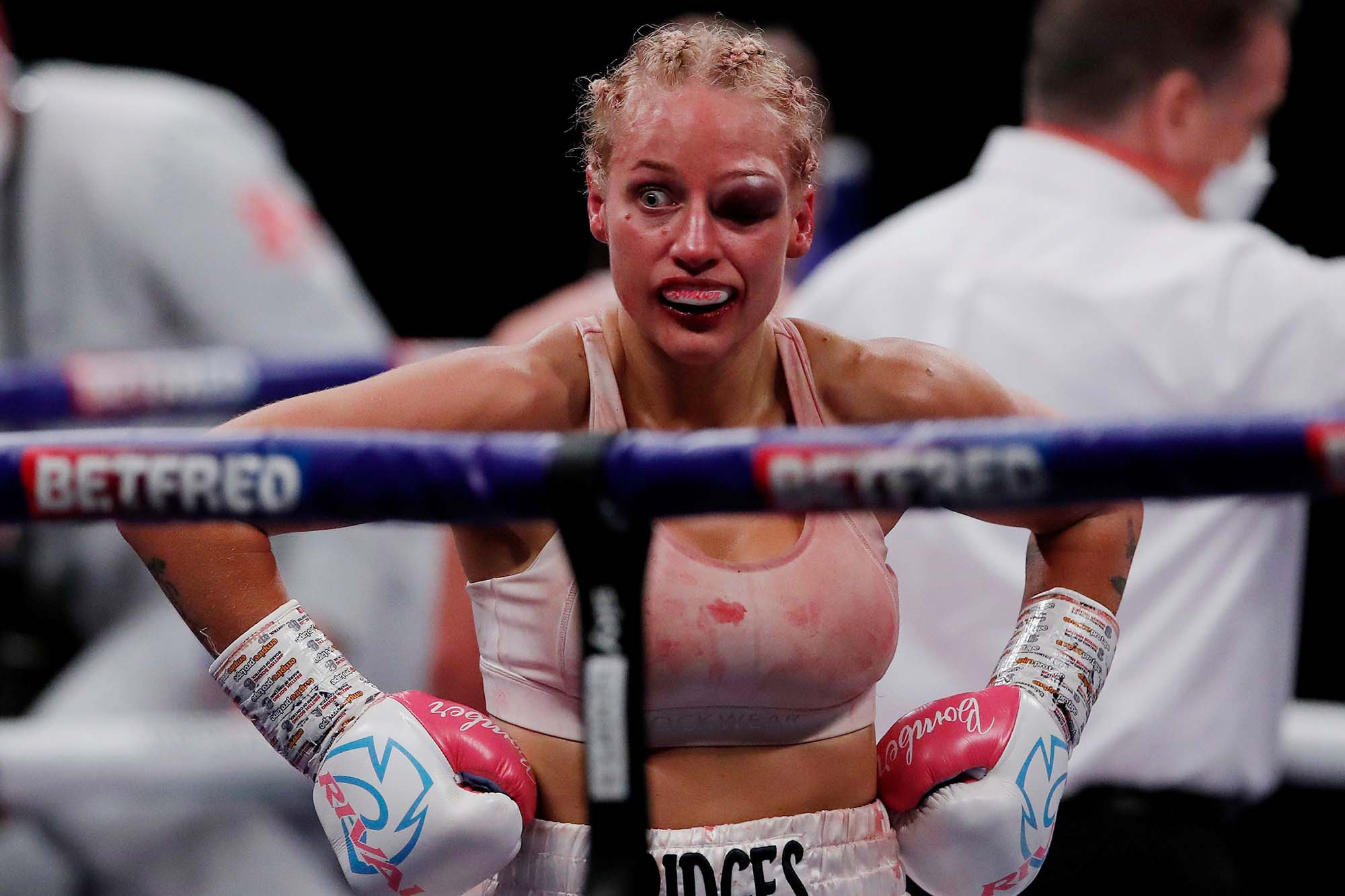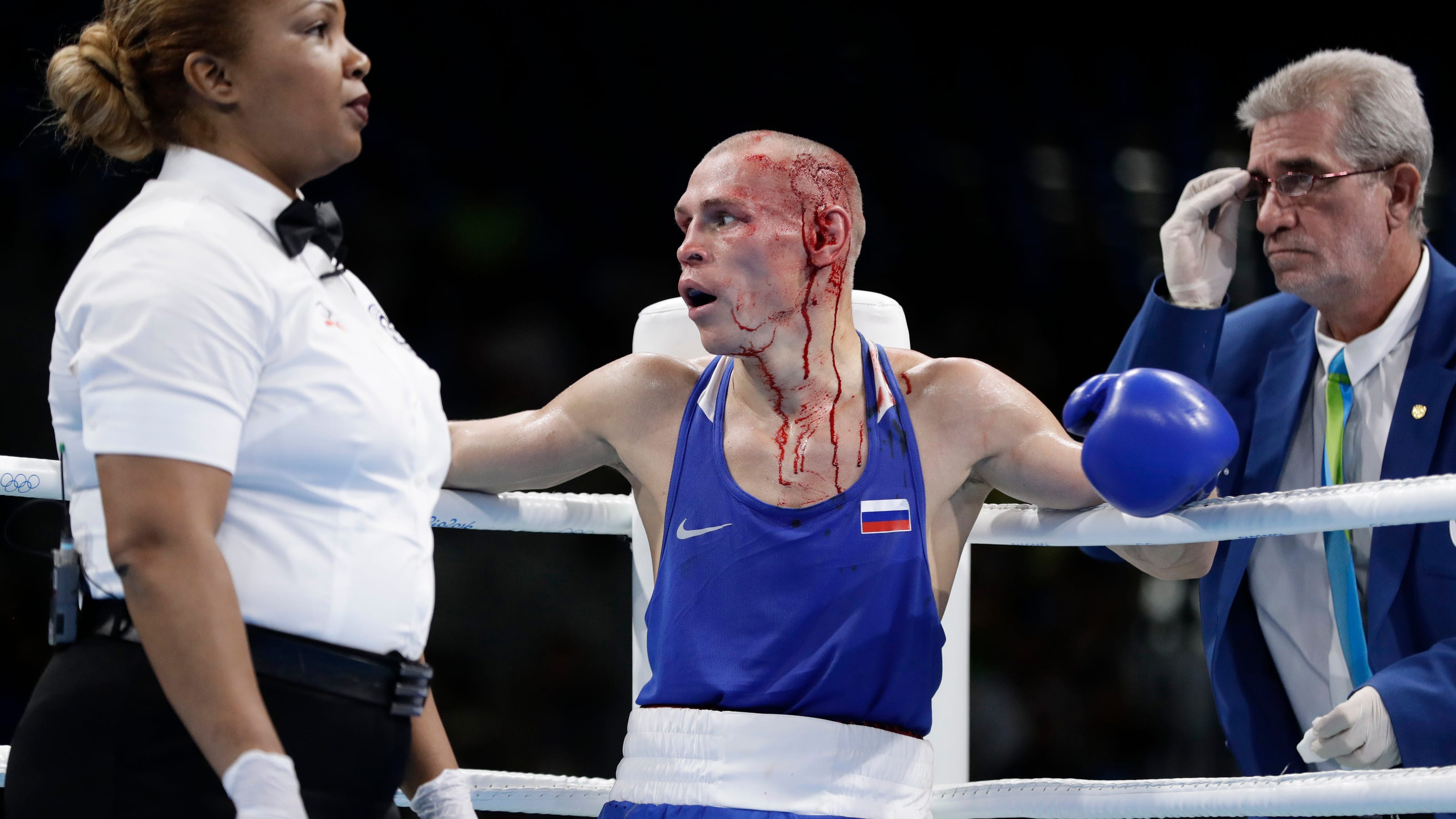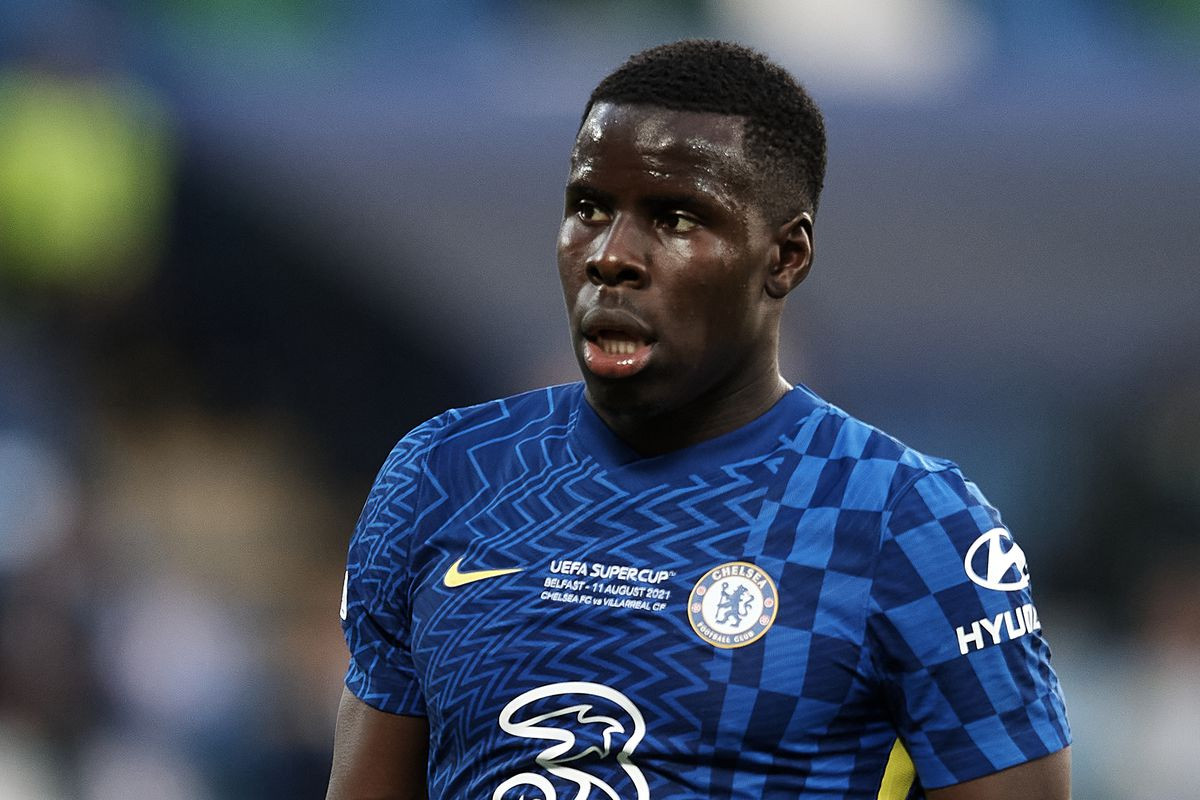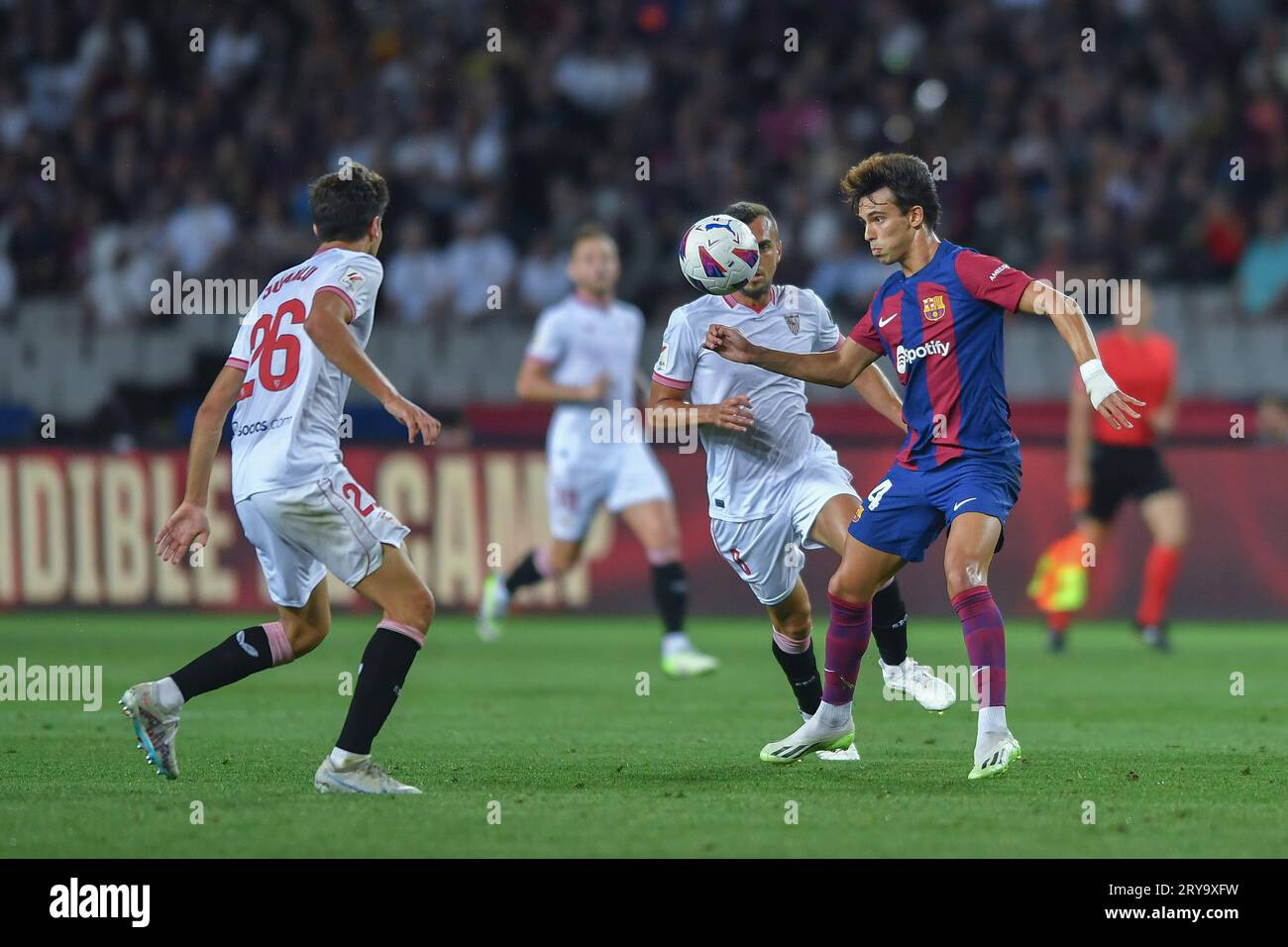Italian boxer Angela Carini broke down in tears after she abandoned her bout against Algerian Imane Khelif after 46 seconds in a fight that sparked huge controversy at the Olympics.
In highly-charged scenes at the North Paris Arena, Carini revealed afterwards that she had pulled out after after being hit harder than she had ever been hit before. A first punch dislodged her chinstrap and a second smashed against her chin and bloodied her shorts.
“I am heartbroken,” said Carini. “I went to the ring to honour my father. I was told a lot of times that I was a warrior but I preferred to stop for my health. I have never felt a punch like this.”
The 25-year-old, from Naples, added: “I got into the ring to fight. I didn’t give up, but one punch hurt too much and so I said enough. I’m going out with my head held high.
“After the second punch, after years of experience, I felt a strong pain in the nose. I said enough, because I didn’t want. I couldn’t finish the fight after the punch to the nose. So it was better to put an end to it.
“I am in pieces because I am a fighter, they taught me to be a warrior. I have always tried to behave with honour, I have always represented my country with loyalty. This time I didn’t manage to because I couldn’t fight any more. Regardless of the person I had in front, of me, which doesn’t interest me, regardless of all the row, I just wanted to win. I wanted to face the person that I had in front of me and to fight.”
Asked if it would have been better to pull out beforehand, Carini said: “I am not one that gives in easily. No, even if they had said that we wouldn’t fight, I would never have accepted it. I have a warrior’s mentality. This time I didn’t manage. I felt too much pain on my nose. I said enough.
“It’s not a defeat for me – for me if you go in the ring you have already won, regardless of everything else. I’m not here to judge. It’s not up to me to say if it’s fair or not fair. I just did my job. I managed to leave with my head held high. I’m a mature woman; when I feel I cannot continue, its not giving in, it’s having the dignity to say enough. I was convinced I would win, I was concentrated, serene. But these punches to the nose hurt, I said enough.”
Khelif stopped briefly to speak to the BBC: “I am here for gold,” the Algerian said. “I will fight anybody, I will fight them all.”
Reem Alsalem, the UN Special rapporteur on violence against women and girls, expressed her concern about what had happened. “Angela Carini rightly followed her instincts and prioritized her physical safety, but she and other female athletes should not have been exposed to this physical and psychological violence based on their sex,” she tweeted.
Giorgia Meloni, the Italian prime minister, weighed in, saying: “I think that athletes who have male genetic characteristics should not be admitted to women’s competitions. And not because you want to discriminate against someone, but to protect the right of female athletes to be able to compete on equal terms.
“I was emotional yesterday when she wrote ‘I will fight’ because the dedication, the head, the character, surely also play a role in these things. But then it also matters to be able to compete on equal grounds and from my point of view it was not an even contest.”
The Controversy Surrounding Imane Khelif's Participation
Before the fight the International Olympic Committee’s had come under fire for permitting both Khelif and Lin Yu‑ting of Chinese Taipei to compete in the women’s category at these Games. Lin is due to face Uzbekistan’s Sitora Turdibekova in a featherweight bout in Paris on Friday.
Last year both fighters were disqualified from the 2023 women’s world championships, with International Amateur Boxing president Umar Kremlev saying that DNA tests had “proved they had XY chromosomes and were thus excluded”. XY is the male chromosome, while XX is the female one.
On Wednesday evening, IBA said that Khelif had initially appealed their decision to the Court of Arbitration for Sport “but withdrew the appeal during the process, making the IBA decision legally binding.” It said Yu-ting had not challenged its ruling.
The IBA also directly criticised the IOC, which has less stringent rules for the Paris Olympics. “The IOC’s differing regulations on these matters, in which IBA is not involved, raise serious questions about both competitive fairness and athletes’ safety,” it added. The IOC position is that both Khelif and Lin “are women according to their passports” and that everyone in the tournament has passed the competition’s eligibility rules. However it has not confirmed exactly what those rules are.
On Thursday, the IOC’s spokesman Mark Adams was asked about the controversy. “I repeat that all the competitors comply with the eligibility rules,” he said. “But what I would say is that this involves real people. And, by the way, this is not a transgender issue. I should make this absolutely clear.”
A Debate Over Fairness and Safety in Women's Sports
However concerns have been raised among the boxing and wider sporting community. On Wednesday Australia’s boxing captain Caitlin Parker expressed her fears that one of her teammates is fighting in the same 66kg weight category as Khelif. “I don’t agree with them being allowed to compete in sport, especially combat sports,” Parker said. “It can be incredibly dangerous.”
Agence France-Presse reported that Khelif claimed to be the victim of a “big conspiracy” after being disqualified just before the final at last year’s world championships.
A Complicated Matter with No Easy Answers
The controversy surrounding Imane Khelif's participation in the Olympics is a complex one, with no easy answers. While there are concerns about fairness and safety in women's sports, there are also questions about discrimination and the rights of athletes who may not fit neatly into traditional gender categories. As the debate continues, it's crucial to approach this sensitive issue with respect and understanding for all involved. Ultimately, it's important for sports organizations to create clear and transparent rules that ensure fair play and protect the safety of all athletes.


















